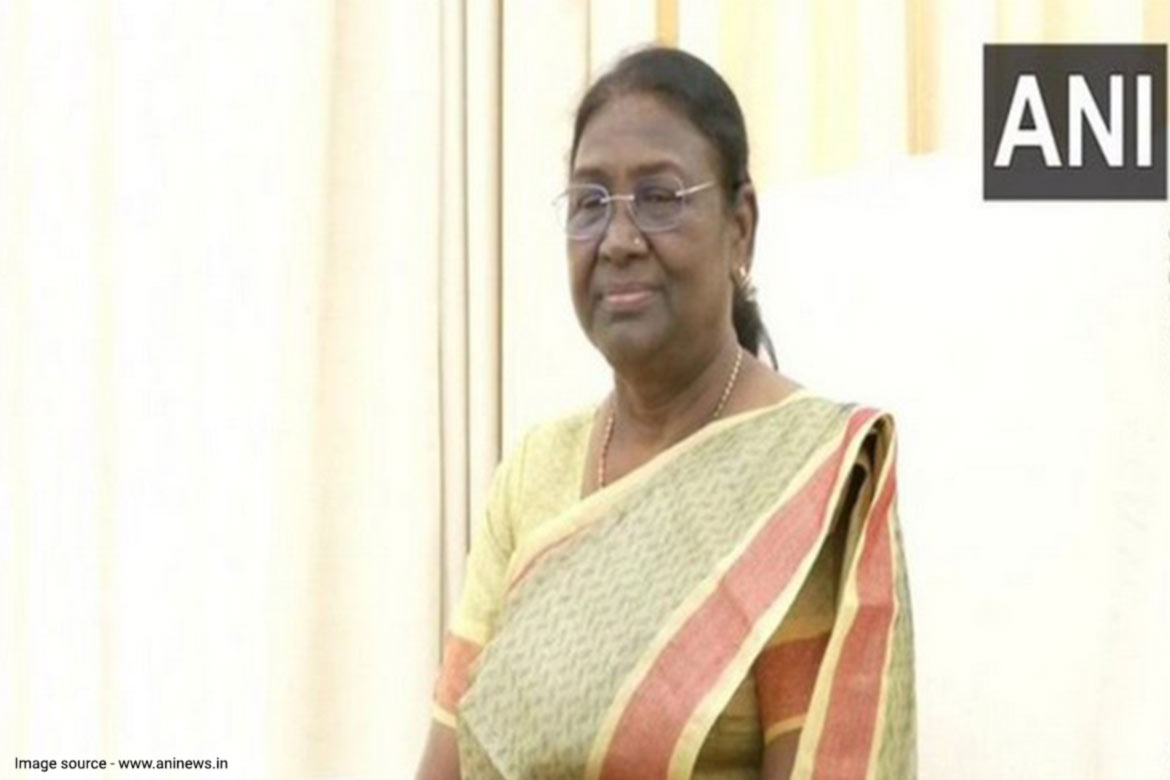- Jagdeep Dhankhar assumed duties as the nation’s 14th vice president on August 11. At Rashtrapati Bhavan, President Draupadi Murmu administered his oath. Prime Minister Narendra Modi, the nation’s 13th Vice President, Venkaiah Naidu, former President Ram Nath Kovind, former Vice President Hamid Ansari, Home Minister Amit Shah, Finance Minister Nirmala Sitharaman, Defense Minister Rajnath Singh, and Road Transport Minister Nitin Gadkari, among many others, attended this event.
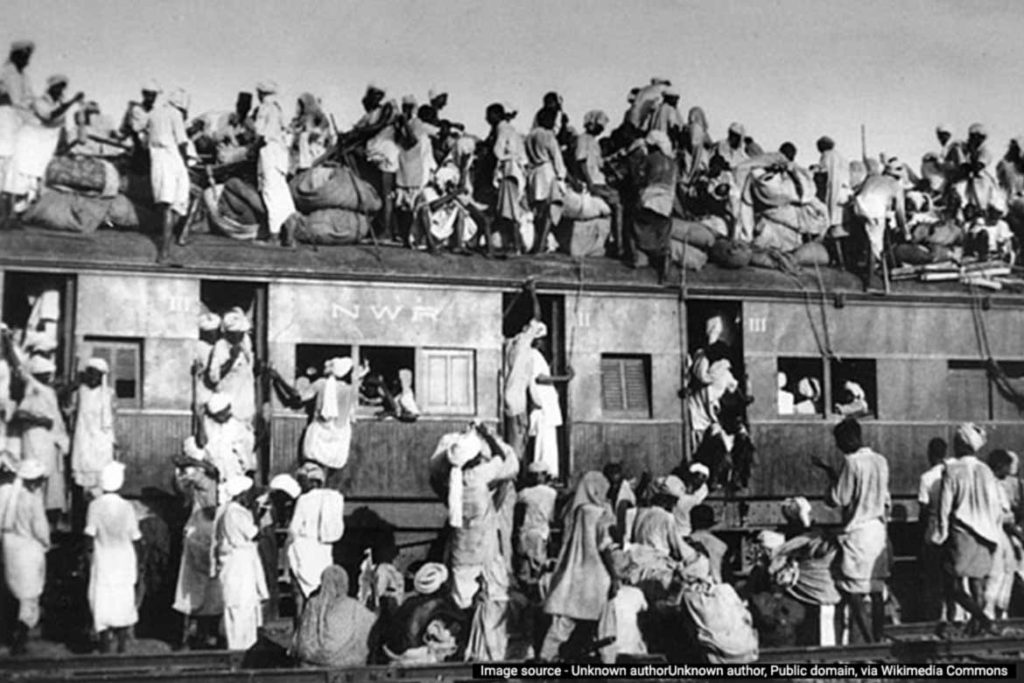
- On August 14, Prime Minister Narendra Modi commemorated “Partition Horrors Remembrance Day,” honouring the agony of the nation’s division. BJP planned a quiet march across the nation during this time. Anurag Thakur, Piyush Goyal, and other BJP national president JP Nadda participated in a quiet march in Delhi on the occasion of this day.
- The three institutions that Indians have the most faith in are the Defense Force, the Reserve Bank of India, and the Prime Minister. At the same time, the Central Bureau of Investigation (CBI) has been ranked fifth while the Supreme Court is ranked fourth. A majority of the electorate—at least two thirds—ranked defence forces first. Following this, the Reserve Bank of India has gained the trust of nearly 50% of the populace.
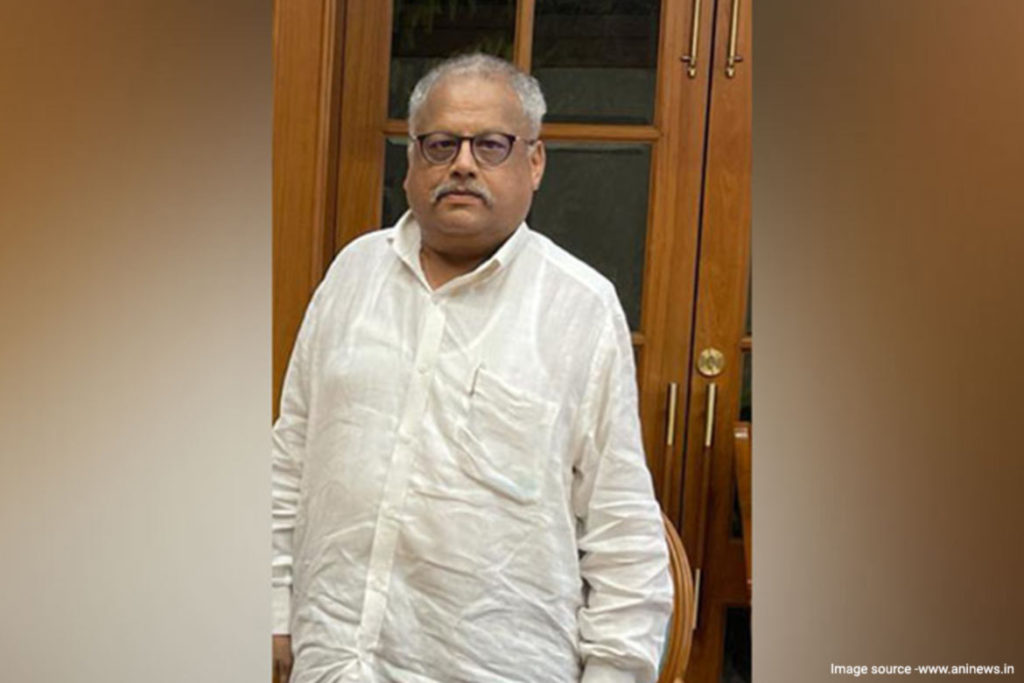
- Rakesh Jhunjhunwala, a veteran of the stock market, has gone away. 62 years old was Jhunjhunwala. Rekha Jhunjhunwala, their daughter Nistha, and their two sons Aryaman and Aryaveer are Jhunjhunwala’s surviving family members. The death of Jhunjhunwala has also received condolences from Prime Minister Narendra Modi. He had a $5.8 billion net worth.
- Due to lower prices for manufactured goods and food items, wholesale price inflation decreased to 13.93% in July. The Wholesale Price Index (WPI) measured inflation at a record high of 15.18% in the preceding month and 15.88% in May. In July of the prior year, it was 11.57 percent.
- In April of next year, a limited number of gas stations in the nation will begin to sell petrol blended with 20 percent ethanol, according to Petroleum Minister Hardeep Singh Puri. In order to decrease reliance on imports and solve environmental concerns, its supply will be further enhanced. He predicted that 20% ethanol would be present in gasoline by the year 2025.
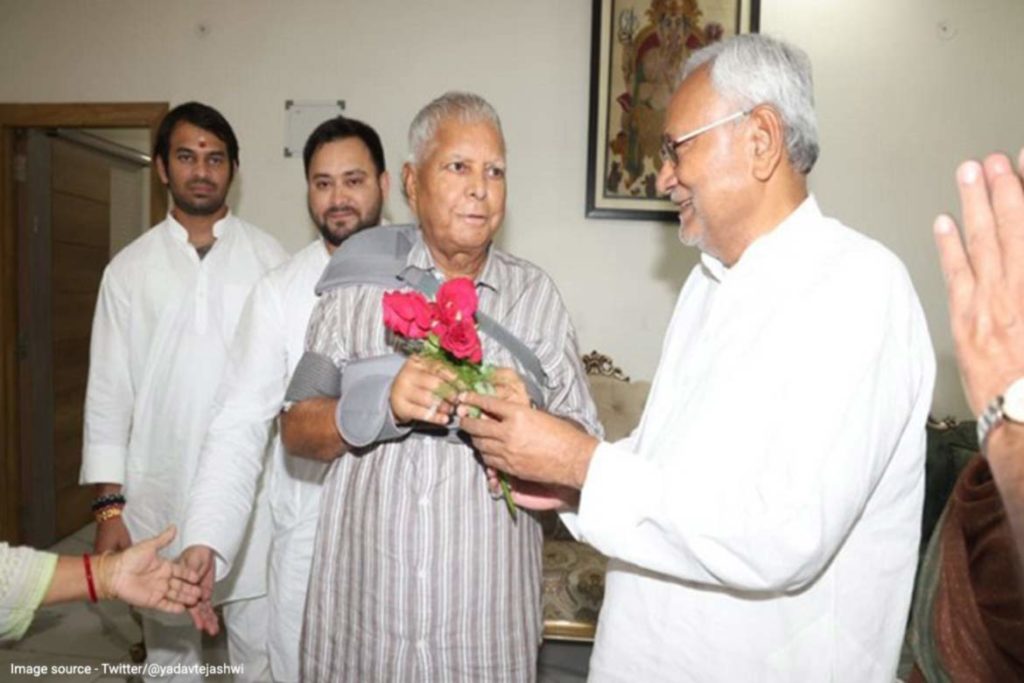
- With the support of the Grand Alliance, Nitish Kumar has again taken the oath to serve as chief minister. Although Nitish Kumar was unable to create the government on his own, he still has a key position in Bihar. For the ninth time in this new coalition, Nitish will hold the position of the chief minister, while Tejashwi Yadav will join him as deputy chief minister. JDU, RJD, Congress, CPI (ML), CPM, CPI, and Jitan Ram Manjhi’s party all support the Grand Alliance administration that Nitish established.
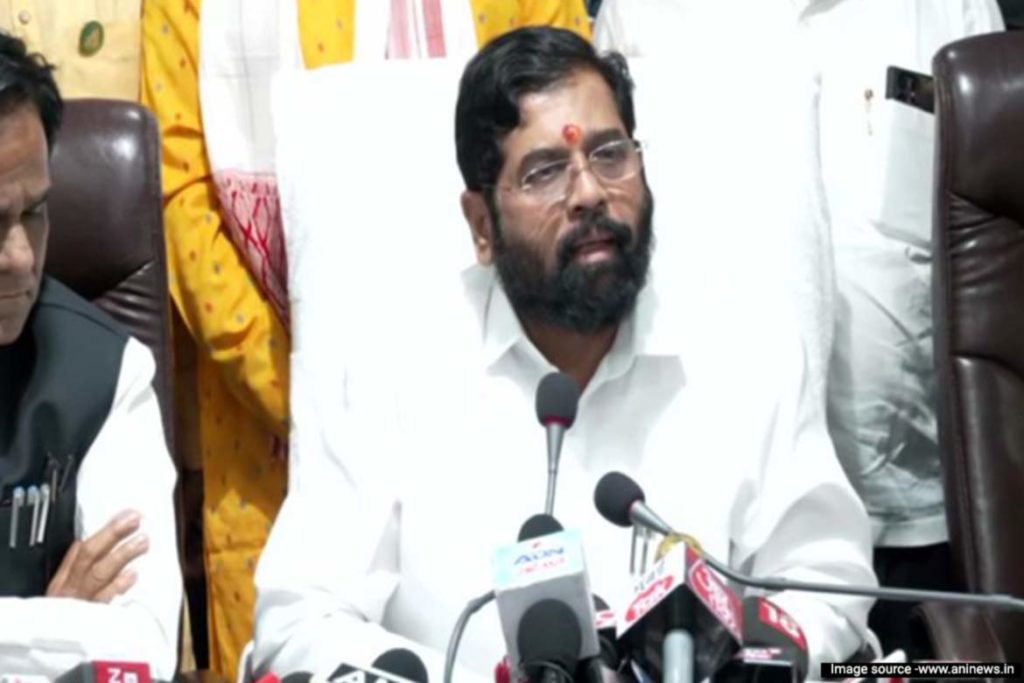
Read more: Maharashtra political crisis culminates, Eknath Shinde is the new CM; Understand the political game
- Eknath Shinde, the chief minister of Maharashtra, divided the cabinet’s ministries. The Home and Finance portfolios have been given to Deputy Chief Minister Devendra Fadnavis. Chief Minister Shinde has also maintained the Urban Development Department close by. A total of 18 MLAs were sworn in as ministers, 39 days after Eknath Shinde assumed the position of Chief Minister of Maharashtra. Nine MLAs from the BJP and the Shinde faction were appointed ministers using the 50-50 method. They have now been allocated the departments among them.
- Senior researcher Nallathambi Kalaiseelvi has been appointed as the Council for Scientific and Industrial Research’s first female director general (CSIR). A group of 38 research institutes from all throughout the country make up CSIR. According to the Personnel Ministry, she will succeed Shekhar Mande, who retired in April.
- The Bilkis Bano gangrape case’s 11 life-sentenced inmates have all been freed. The decision to free the prisoners has been made by the Gujarati government. These prisoners have all served more than 15 years in prison. After the riots in Godhra, Gujarat, in 2002, Bilkis Bano was subjected to a gang assault. Additionally, 7 members of his family were killed. In this case, 11 defendants received life sentences in 2008. One of these prisoners had requested parole from the Supreme Court. The Gujarat’s government was given the authority to decide whether to release someone.
